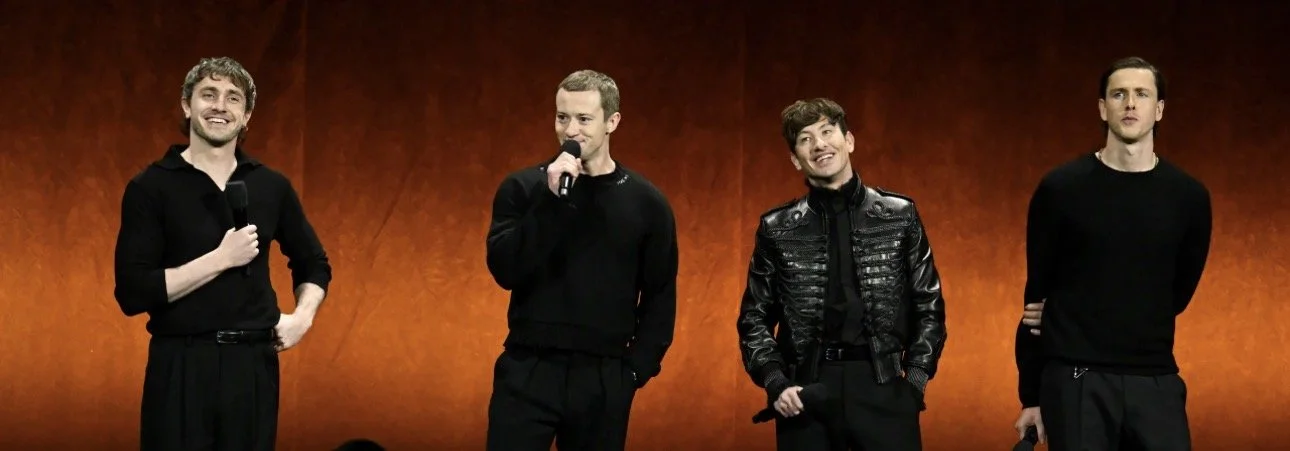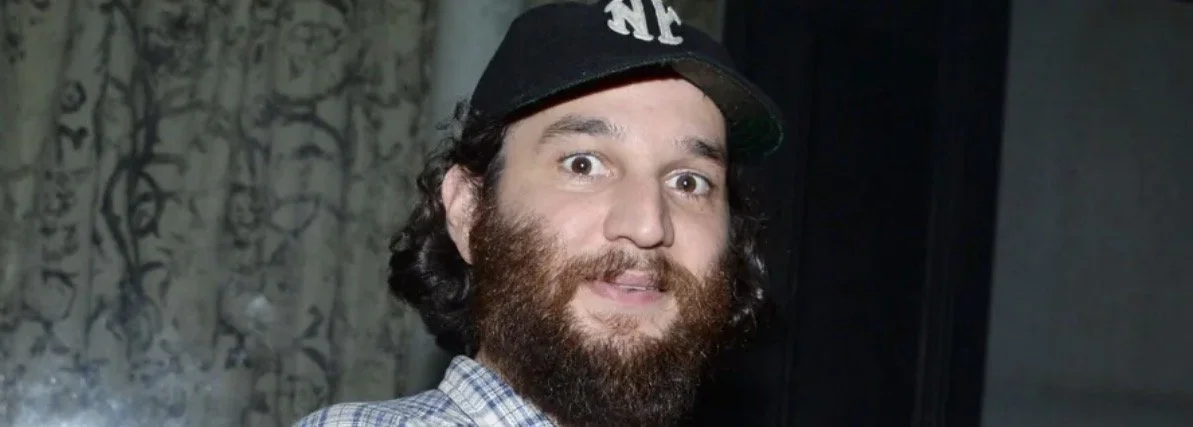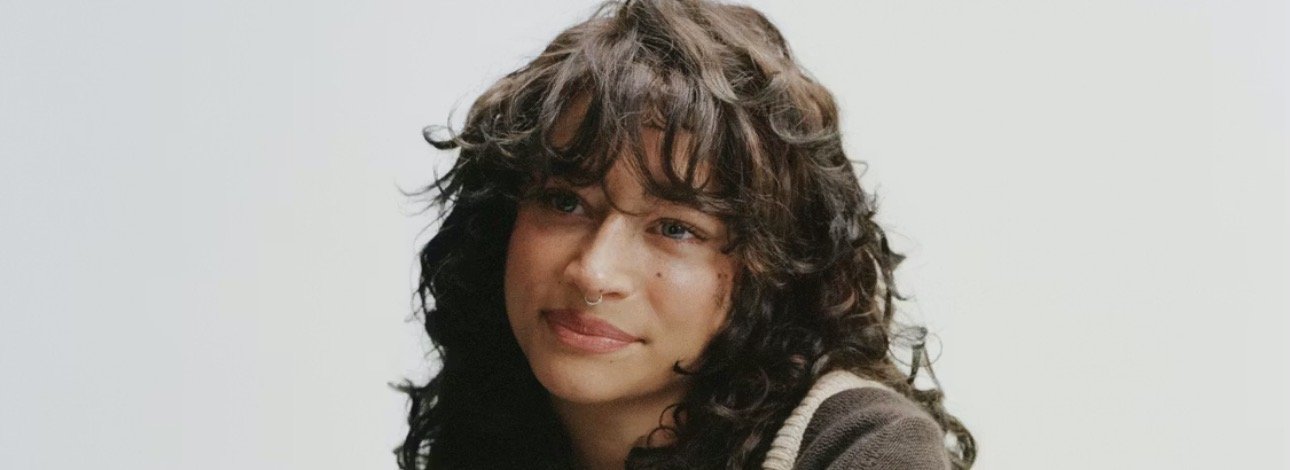
Moonlight was, quite clearly, the most critically acclaimed movie of 2016. There's no disputing that fact. It topped well over 100 critics lists and was instantly deemed a landmark of American cinema by many. Is it a coincidence that Moonlight's acclaim came a year after the #Oscarssowhite campaign? Of course not. Just like it wasn't a coincidence that "Birth of A Nation" was seen as the second coming at Sundance that very same year and was on its way to multiple Oscar nominations UNTIL a past controversy hit that film's director, Nate Parker, and the film, all of a sudden, was shunned and met with divisive reviews. Booted out of the Oscar race.
Moonlight's transition from festival to controversy-free release was much smoother. It was the film Hollywood would choose to go around to prove they are not racist! Any sign of Nate Parker was quickly forgotten by the mainstream press. Moonlight director Barry Jenkins was the new Hollywood "it-boy." And he is a genuinely nice guy. Having met Jenkins on more than one occasion, and having liked his first feature "Medicine for Melancholy," I can say it couldn't have happened to a nicer guy.
Medicine For Melancholy, was well-intention-ed, and atmospheric cinema very much influenced by Jenkins' hero, Wong Kar-Wai.
What can be said about “Moonlight” and its importance to the cinematic world? Set during three transformative periods in the life of a Miami-based African-American gay man, the film is not only, for the most part, a mesmerizing journey into the “African-American experience,” but it also shatters cinematic taboos that not many have dared touch before it. This was the first major film I could recall to feature two black men kissing onscreen. Unheard of, but an incredibly important landmark moment.
Jenkins split the film into three different time frames as he followed his protagonist Chiron’s struggle for self-identity in a society that refused to acknowledge his sexual freedom. The three actors playing Chiron (Alex R. Hibbert, Ashton Sanders and Trevante Rhodes) were all revelatory. Jenkins molded relevant themes in Moonlight. Tackling masculinity in ways that were both fresh and perceptive, he created a stylized and, sometimes, remarkable, film about a gay black man that goes through a harrowing childhood. The film also tackles Chiron's relationship with Kevin, a fellow student, and their one evening "together" down by the beach which ends with Kevin giving Chiron his first, and last, experience of sexual pleasure with another man.
The first two acts were invigorating, and uncompromising, as they gave eyes to story of a young, shy, black kid that is looking for individual acceptance in a world where there is none to be found for his "kind." However, this set us up for a third act that fails to deliver on the promise that was built up in the film's first 70 or so minutes. Now a drug dealer with an overtly muscular build and gold grillz, the vicious circle of black toxicity has been set. After making time in prison, Chiron has now become a big, muscular drug dealer, very much in the same way as Juan, his only childhood father whom he more than resembled now. The transition felt almost too facile and Jenkins' approach not very subtle. It's also dramatically fell flat and didn't adhere to the first two acts' suspenseful intrigue and fascinating take on the black experience. Instead of being this deep, heartfelt resolution it ends up feeling contrived and empty.
Even worse, Chiron's crackhead mother, as played by Naomi Harris, shows up for one final Oscar-bait speech expressing regret about how she was a bad mother. It's a scene that would have been destroyed by critics in any other setting, but because this was a film that had political and socio-economical resonance, critics turn a blind eye to it.
It doesn't help that Trevante Rhodes, who plays Chiron in this section of the film, doesn't look at all like the earlier incarnations of the character. Yes, he had a stint in jail and Chiron probably beefed up during that time, but there's no way I coulsd conceive that the little, sensitive Chiron that we knew earlier on in the film would turn out to look like rapper 50 cent a mere 5 years later. Yes, you will have the film's backers arguing back at you that the whole point of this radical transformation was because Chiron didn't feel comfortable within his own skin and thus built a shield of muscle to hide behind his true identity. Something that, according to many, men do in general to preserve their masculinity. I do buy that, but it could have also been done with a better actor and, hell, I'll say it, more subtle way. The overindulgence is almost too hard to go unnoticed.
And so, I have been asking myself, even two years later, why the third act of "Moonlight" just didn't do it for me, and with everything I have just mentioned that irked me most about that final section, I do find the biggest mistake Jenkins may have committed was not show us Chiron's stint at the juvenile detention center, because maybe after seeing that part of his life we would have identified more and believed the drastic physical transformation that happened in the film's third section. Instead, the time jump felt random and abruptly distancing.
Hitchcock once said
"Drama is life with the dull parts edited out." Jenkins hasn't learned that yet.
I will admit that diner scene between Chiron and Kevin was nicely done, I'll give you that, but despite the joys of watching two old friends catching up, it did still feel like a very forced gesture on Jenkins' part to have such an on-the-nose moment in his screenplay, a eureka kind of moment for the audience, telling us, no implying us, that Chiron hasn't forgotten the handjob Kevin gave him that one faithful evening down by the Miami beach, "I haven't been with another person since" admits Chiron to his lost lover.





